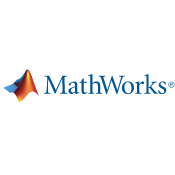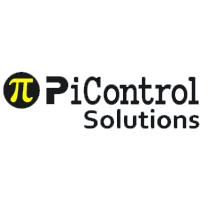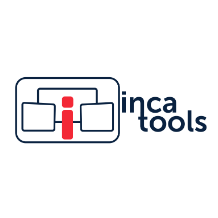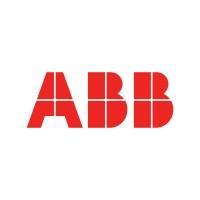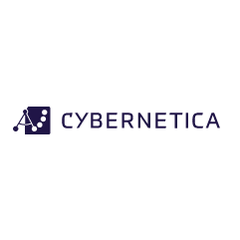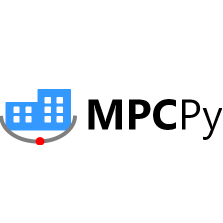
MPCPy
MPCPy serves as a robust Python package designed for implementing occupant-integrated model predictive control (MPC) in building systems. It employs data-driven, simplified models to enhance predictions of building performance. With four modular components, MPCPy allows users to import data, validate models, optimize control inputs, and seamlessly interact with real or simulated systems.
Top MPCPy Alternatives
Pitops
PITOPS revolutionizes Advanced Process Control (APC) with its unique ability to perform multivariable closed-loop system identification without intrusive step tests.
Model Predictive Control Toolbox
Model Predictive Control Toolbox™ equips users with functions, an app, and Simulink® blocks for effective model predictive control (MPC) development.
COLUMBO
COLUMBO is an advanced closed-loop universal multivariable optimizer for Model Predictive Control (MPC) that enhances control system performance by utilizing AI-driven algorithms.
Aspen DMC3
Aspen DMC3 revolutionizes how energy and chemical companies manage operations, combining advanced process control with AI-driven insights.
Apromon
APROMON is a cutting-edge online software solution designed for real-time monitoring and diagnostics of PID control loops and advanced process controllers.
INCA MPC
INCA MPC software enhances plant performance through continuous online optimization of key process parameters.
ABB Ability System 800xA
It enhances engineering efficiency and operator performance while optimizing asset utilization...
Cybernetica CENIT
By utilizing mechanistic models, it adeptly manages multivariable systems and optimizes performance under constraints...
AVEVA APC
It optimizes production by improving yield and quality while minimizing energy consumption...
Top MPCPy Features
- Open-source implementation
- Python-based framework
- Occupant-integrated control
- Data-driven modeling
- Simplified physical models
- Statistical performance prediction
- Real-time system interaction
- Emulated system testing
- Modular architecture
- Flexible implementation approaches
- Third-party software integration
- Optimization solvers support
- Parameter estimation algorithms
- Modelica compatibility
- FMI standard utilization
- User-contributed improvements
- Community-driven development
- Comprehensive user documentation
- Introductory tutorials available
- Active user community engagement

